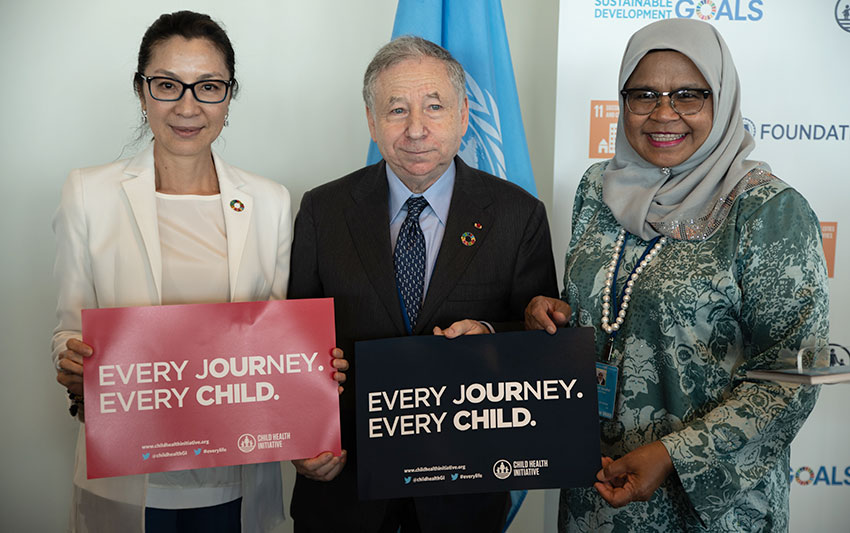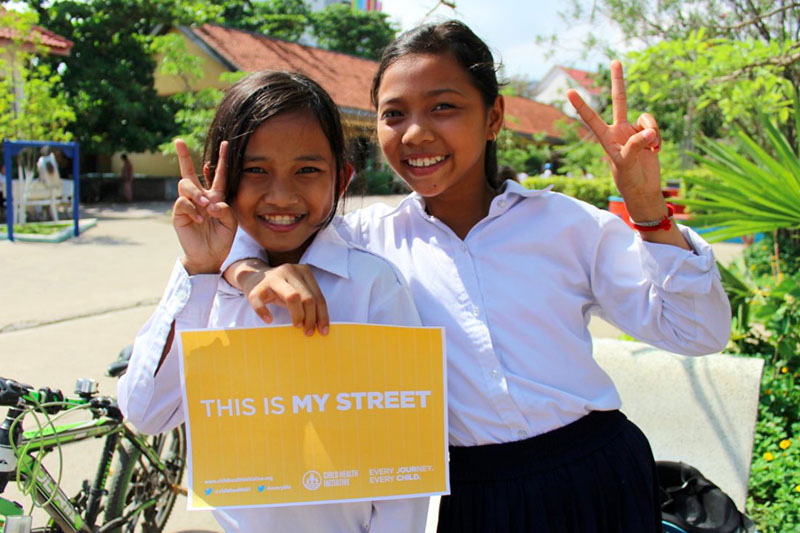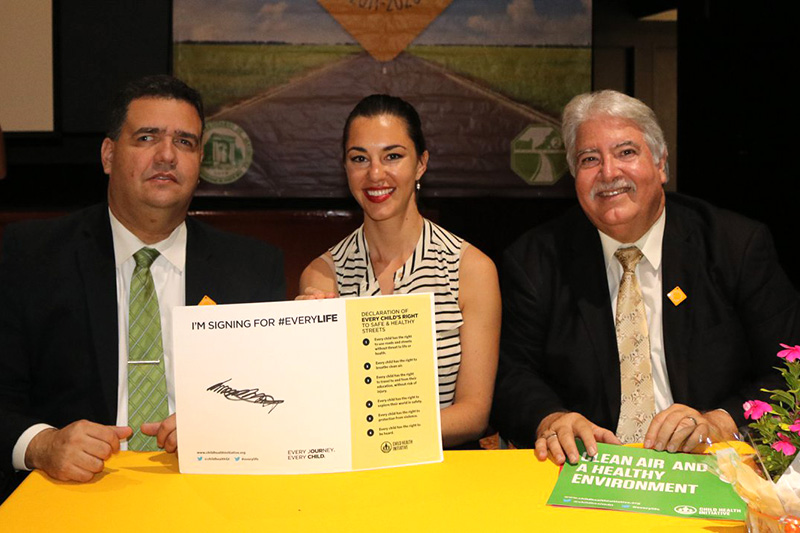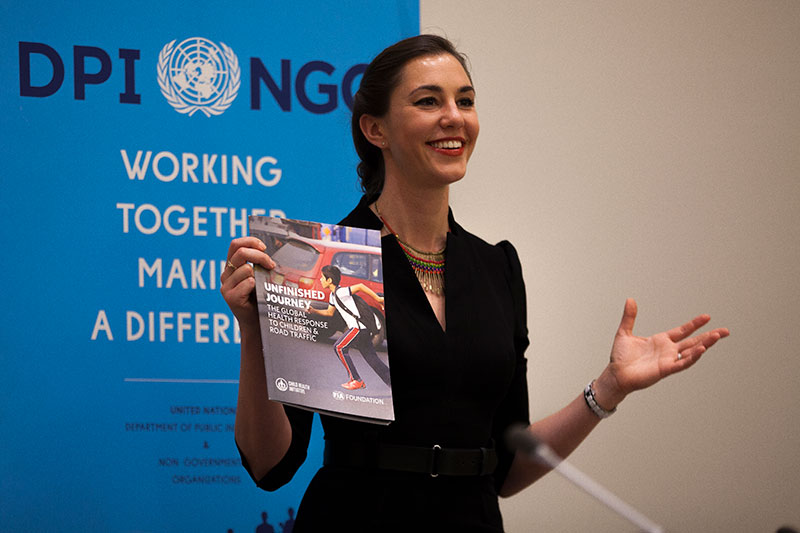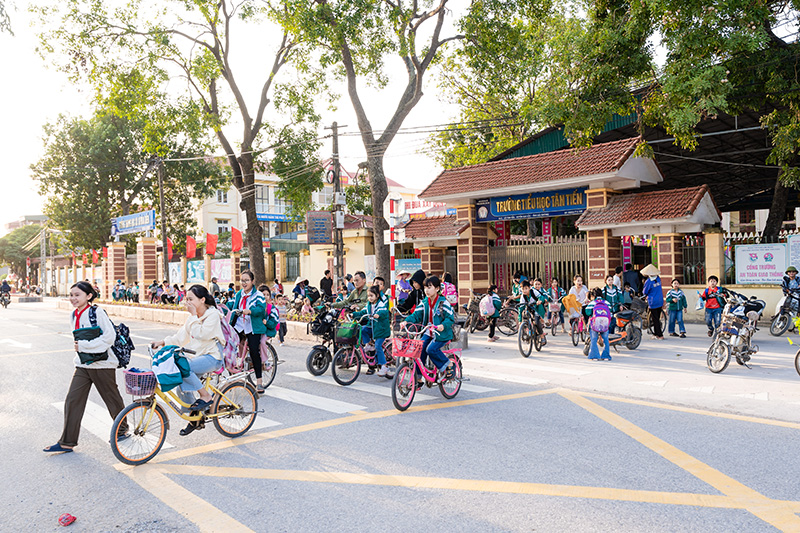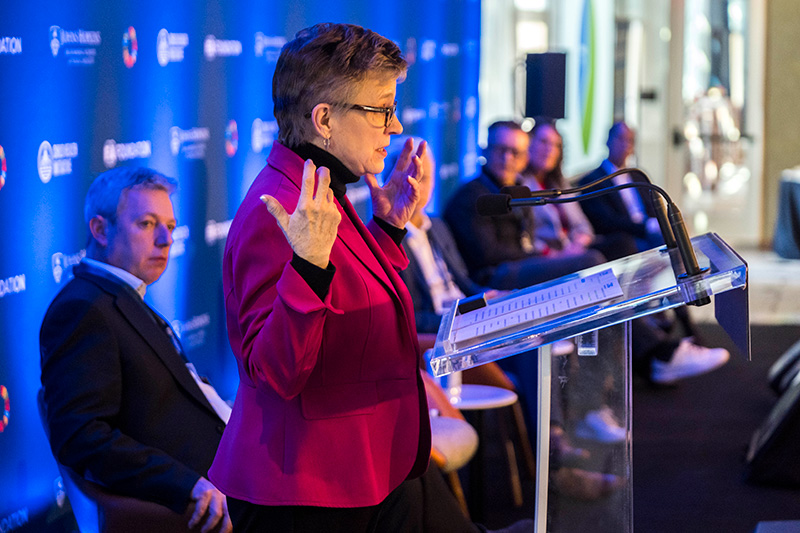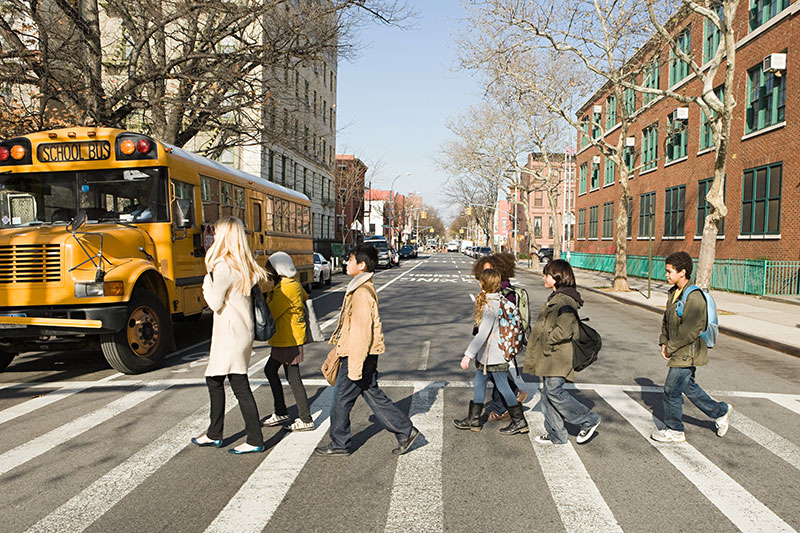World Health Assembly hears call for UN summit to protect child health and rights
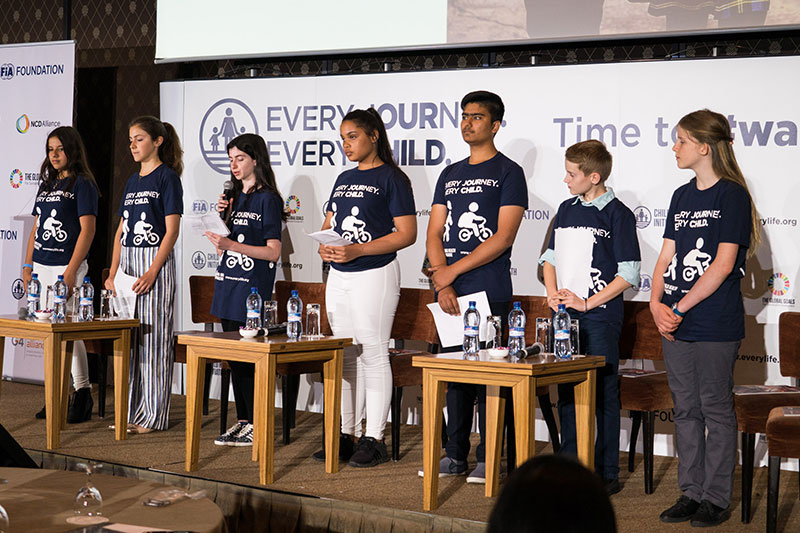
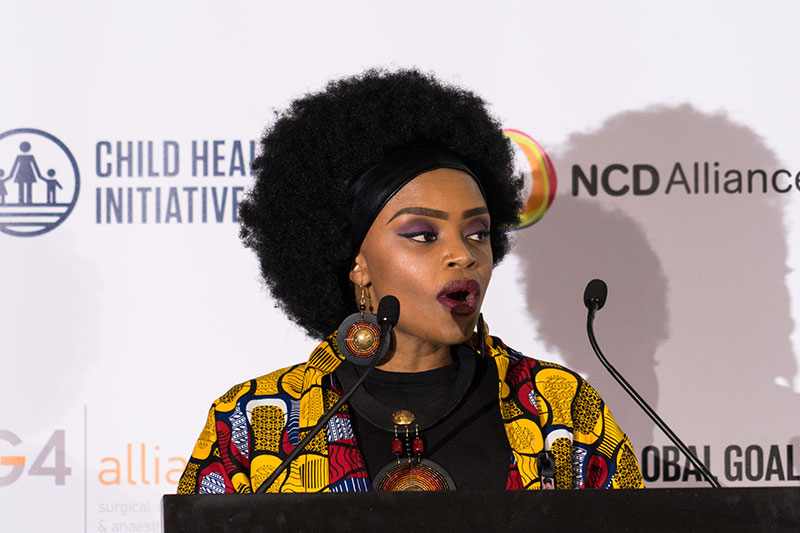
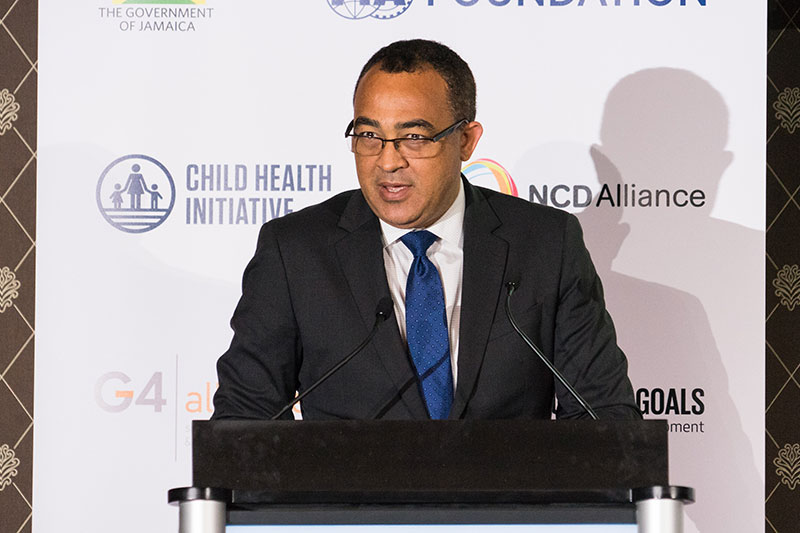
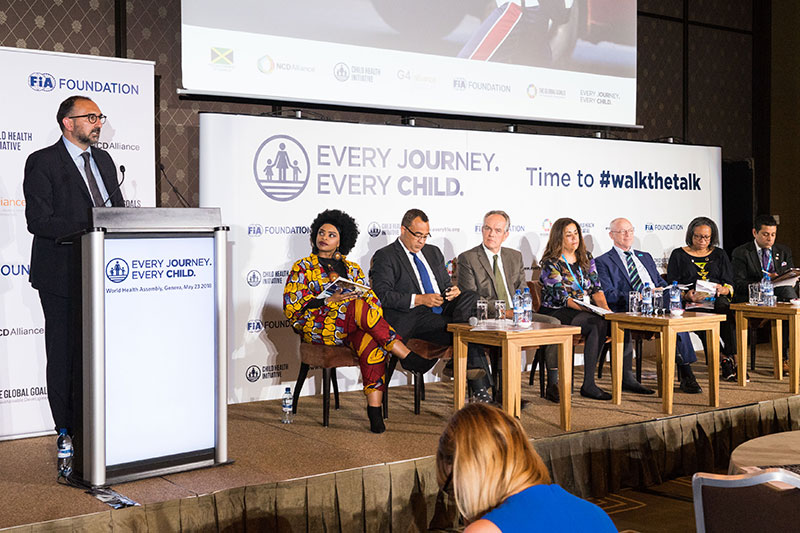
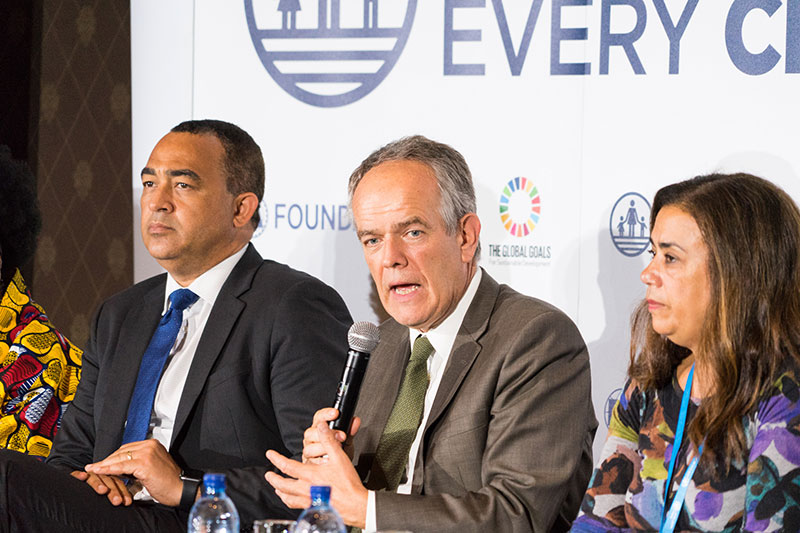
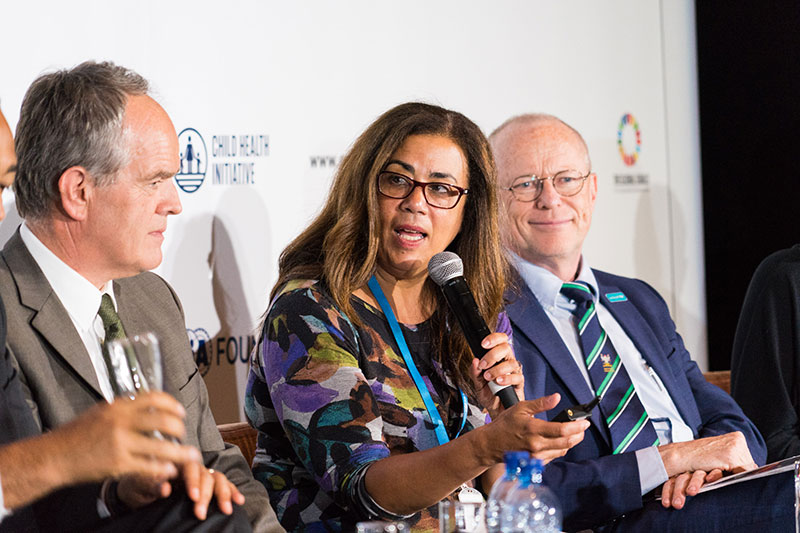
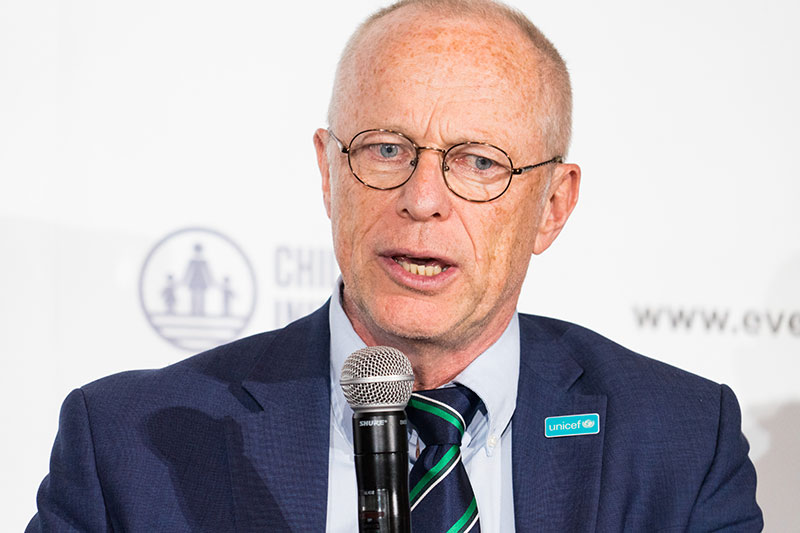
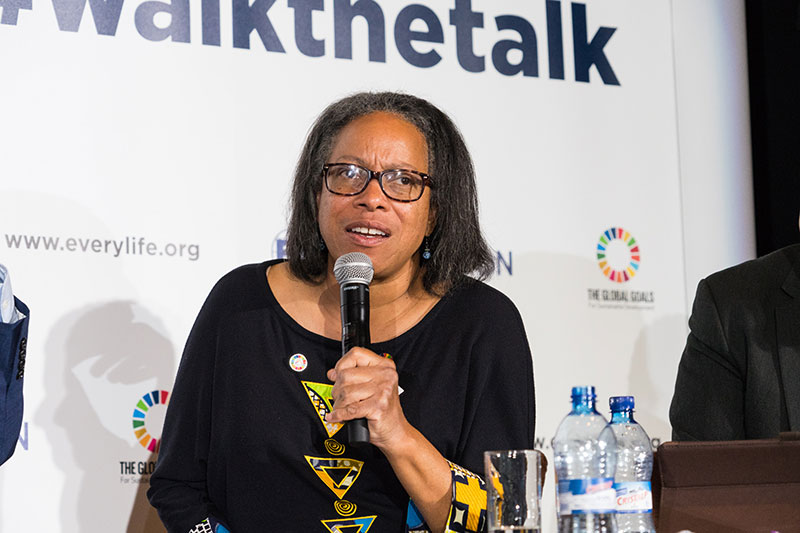
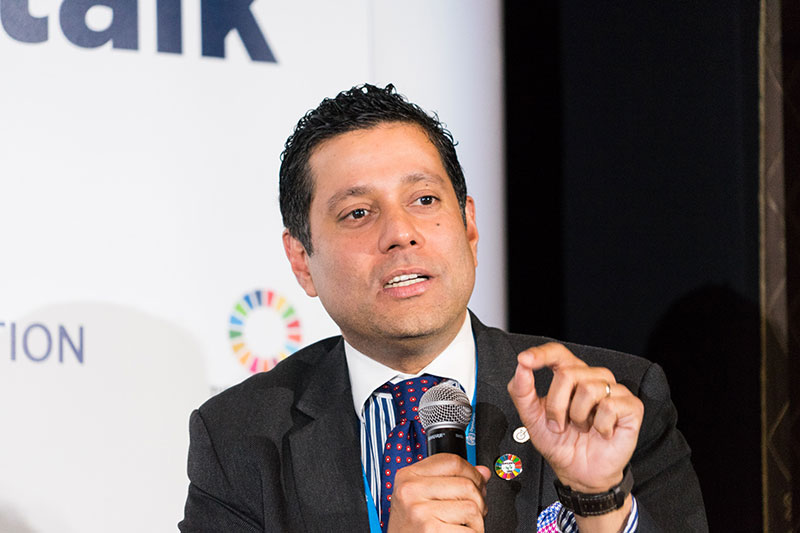
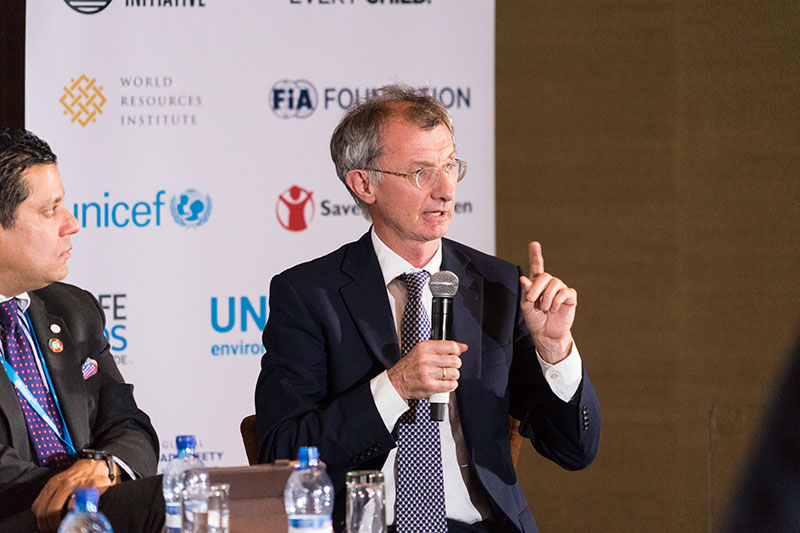
The Child Health Initiative has brought together the international health community, youth activists and child rights agencies at the 2018 World Health Assembly, to demand a dedicated UN Summit on Child & Adolescent Health, following the unveiling of data which shows the devastating global impact of road traffic on the health of young people.
At a side event help during the 71st World Health Assembly, young people took centre stage to demand their rights, as teenagers from a local school opened the Child Health Initiative’s call for action. UNICEF, Save the Children, NCD Child & the NCD Alliance, the FIA Foundation, the World Health Organization and G4 Alliance joined Child Health Initiative Global Ambassador Zoleka Mandela and Jamaica’s Minister of Health Dr Chris Tufton, to support the call for a UN summit and integration of road traffic-related health issues into the mainstream child health agenda.
Launched at the 71st World Health Assembly in Geneva, Unfinished Journey – A Global Health Response to Children & Road Traffic, is a new report which has revealed an extensive global health crisis caused by road traffic that is killing 350,000 young people each year, and causing serious harm to millions more. The report, published by the Child Health Initiative, highlights that these preventable deaths are only the tip of the iceberg, and the ripple effect of car-dominated environments can create a cocktail of lifelong health issues due to physical inactivity, injury and poor air quality.
International action to develop healthy and sustainable cities, reduce road injury and fatality, and deliver climate action has been widely discussed, mandated and supported by the international community via the Sustainable Development Goals, the New Urban Agenda and WHO’s voluntary targets but there has been a lack of follow through. While Unfinished Journey highlights the ‘fatal disconnect’ in global health policies, the dedicated panel debate at WHA was an important first step to kick-start international action.
Saul Billingsley, Executive Director of FIA Foundation, highlighted the neglect of this issue: “The SDGs need to be all embracing, not just on the page but also in practice. Currently there are words but no money, no resources to mitigate the full impact of traffic on child health.”
Dr Stefan Peterson, Chief of Health at Unicef, also highlighted the lack of adequate resource, calling for focus on funding flows and to make the case that neglect of these issues is unacceptable.
So many of the deaths attributable to road traffic are preventable, with cost effective solutions widely available if governments chose to invest in them. Neglecting these solutions is a violation of child rights everywhere, as emphasised by Zoleka Mandela in her speech to the WHA audience: “We have the solutions, the ‘vaccines’ to halt this man-made epidemic. Why are we not using them? Can you imagine having a vaccine for a killer disease and not using it? Imagine leaving children to face illness or death and not acting.”
Keynote speaker, Jamaica’s Minister for Health Dr Chris Tufton, outlined commitment in Jamaica to reaching the SDG target of halving road deaths by 2030, where road traffic fatality and injury continue to disproportionately impact the young population: “In 2017, public hospitals treated 723 young people for road traffic injuries. 78% were between 10 and 19 years old.” Dr Tufton continued to call for action at regional, national and international level recognising that a safe and healthy journey to school is the right of every child.
Dr Etienne Krug, Director of NCD Management and Injury Prevention at the World Health Organization also recognised that the international community already had the tools and the data to fix this global health crisis, yet were failing to act. He welcomed the discussion in the context of the World Health Assembly, as an overdue step to kick start inter-sectoral action. His WHO colleague, Dr Theresa Diaz, coordinator for Maternal, Child and Adolescent Health, described how WHO is increasing its focus on causes of adolescent health and providing technical guidance to countries.
Dr Mychelle Farmer of NDC Child urged policy makers to put young people at the heart of their work, with a call for the impacts of air pollution and road traffic to be part of the NCD agenda.
Kevin Watkins, CEO of Save the Children UK, continued the high level support for a dedicated UN Summit: “What we do a lot in development is think in silos. We are groaning under the burden of targets. Children are suffering due to the inertia they are faced with. This campaign will hold leaders to account.”
The importance of the role of youth for demanding change was at the heart of the agenda. In the words of the young activists from the College de Leman who opened the debate demanding their right to safe and healthy streets: “We need to redesign the cities for the people! Time for leaders to step up and walk the talk.”
